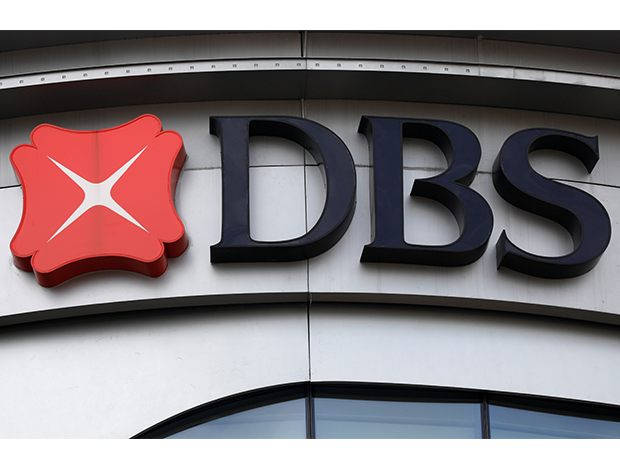DBS sees wealth fees doubling by 2027 as the rich head to Asia
DBS Group Holdings aims to double fees from wealth management by 2027 as more of the world’s affluent investors shift their assets to Asia.
DBS’ income from servicing rich clients rose to more than S$2 billion last year, doubling from 2015. It expects the same pace of increase in half that period as well-heeled people and family offices from various parts of the world head to Asia to park their money, said Shee Tse Koon, head of consumer and wealth banking at DBS.
“Given the trajectory and traction we have had over the past years, our aim going forward is that by 2027 we want to double our wealth fees,” he said.
Wealthy clients of South-east Asia’s largest bank usually invest their cash to improve returns and many have also tapped DBS for their trust and legacy planning needs, he said.
Shee’s optimism underscores the significance of rising wealth fees that boosted DBS’s income in recent years and will likely cushion its earnings with global interest rates set to decline. DBS is now the third-largest private bank in Asia, excluding China, only behind UBS and HSBC, according to rankings by Asian Private Banker.
The assets of DBS clients, including those at the private bank and lower-rung tiers, reached S$396 billion as at June. That is set to exceed S$500 billion by 2027 with the number of clients investing and buying insurance products expected to quadruple, Shee said without specifying the numbers. The bank also handles a third of Singapore’s 1,650 single family offices, he said.
Singapore saw a US$120 billion surge in financial assets booked from overseas last year, with China being the top source of new wealth in absolute terms, according to a Boston Consulting Group report published.
Shee said there has been “a good mix” of assets from North and South Asia, the Middle East and Europe with no particularly dominant region.
The bank has grown its relationship manager headcount by around 20 per cent since the middle of 2023, Shee said, adding that hiring continues and that they are still working out future headcount. DBS had 730 relationship managers as at 2023, up 12 per cent from a year ago and the second highest in Asia, excluding China, according to Asian Private Banker.
DBS has two booking centres – Singapore and Hong Kong – for its wealthy clients across the regions. While the bank is seeing more traction from clients in Dubai, India and London, Shee said there is “no compelling reason” for now to consider the United Arab Emirates city as its third booking hub.
DBS, like other banks, has grappled with ensuring that the assets of its clients are clean. In July, the bank was fined HK$10 million (S$1.7 million) by the Hong Kong Monetary Authority for lapses including failure to continuously monitor business relationships and to establish the source of wealth of high-risk customers between 2012 and 2019.
In Singapore, DBS had some S$100 million exposure to clients who were convicted this year in the city-state’s largest money-laundering case where more than S$3 billion of assets were seized.
DBS is constantly investing in both technology and people to detect misconduct and illicit flows, Shee said. It’s also boosting its surveillance and monitoring systems to keep pace with emerging criminal trends, he added.
“The whole point is how you balance between being effective in anti-money laundering and risk management and yet remain efficient and open for business,” he said.





